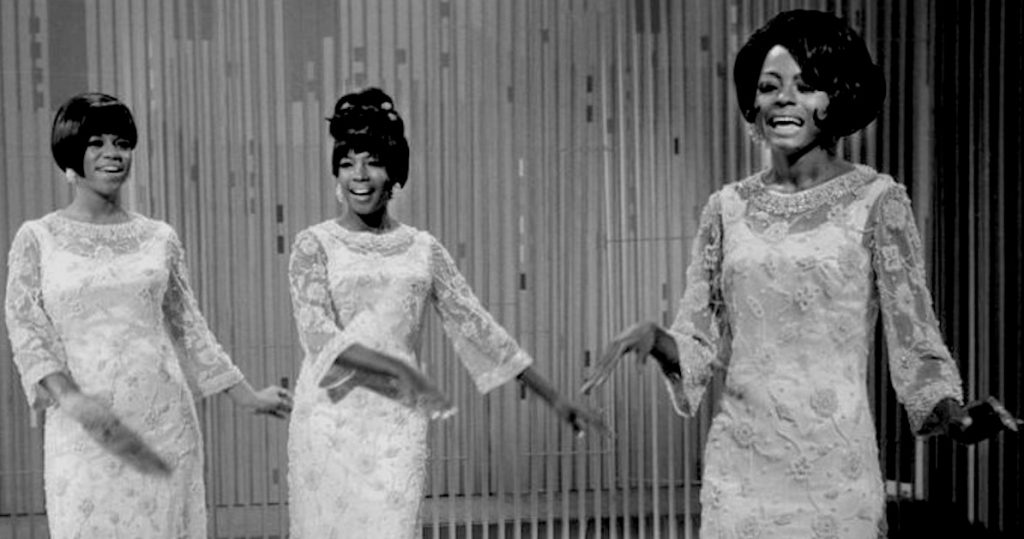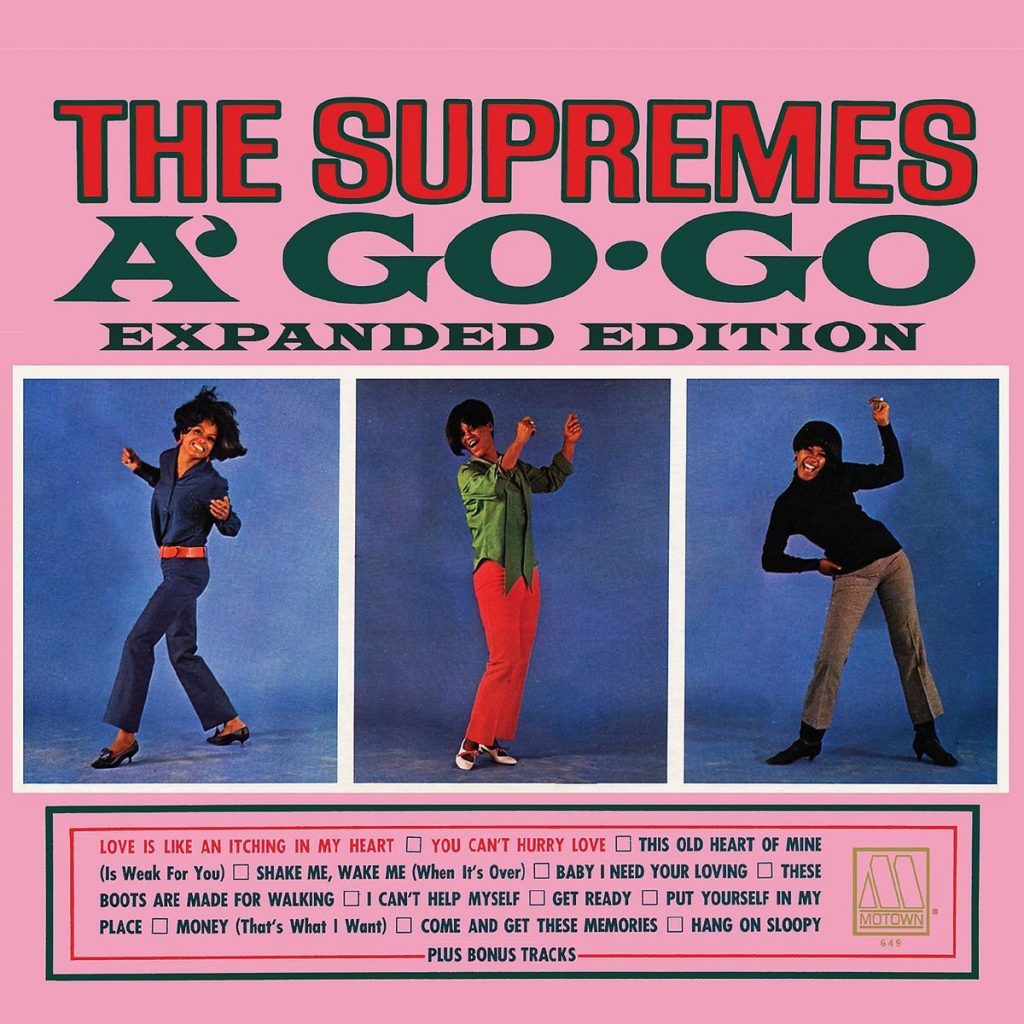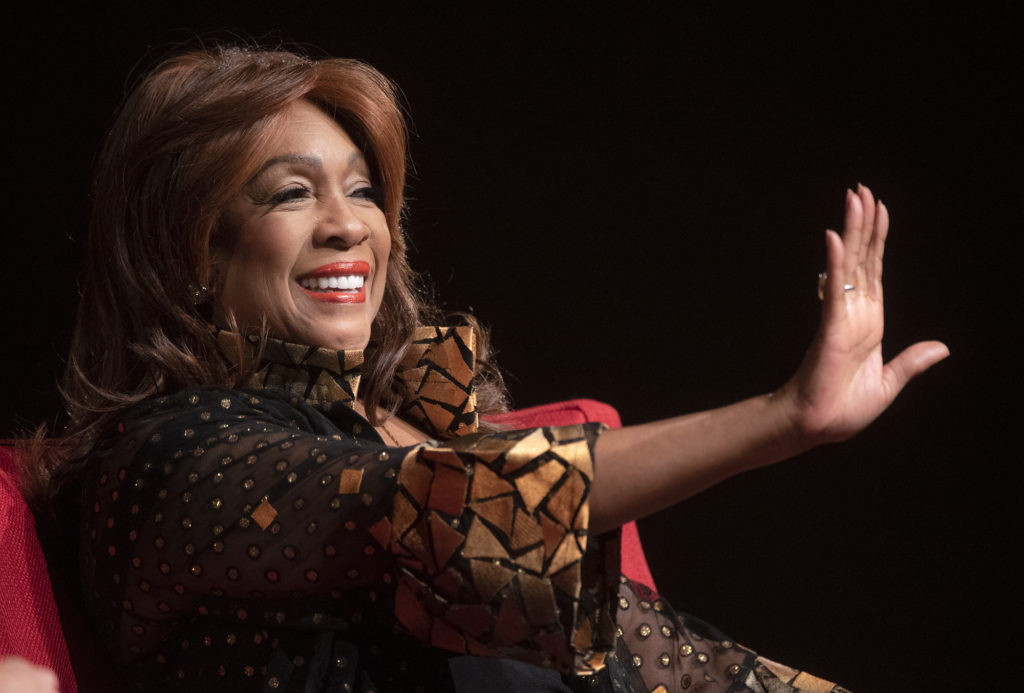
Mary Wilson, a co-founder of Motown’s powerhouse female trio The Supremes, died on February 8, 2021, at her home in Henderson, Nev. Her death was announced by her publicist, Jay Schwartz. The cause of death was later revealed to be due to hypertensive atherosclerotic cardiovascular disease. Wilson was 76.
In a statement to the media, Motown Records founder Berry Gordy Jr. said, “I was extremely shocked and saddened to hear of the passing of a major member of the Motown family, Mary Wilson of the Supremes. The Supremes were always known as the ‘sweethearts of Motown.’ Mary, along with Diana Ross and Florence Ballard, came to Motown in the early 1960s. After an unprecedented string of #1 hits, television and nightclub bookings, they opened doors for themselves, the other Motown acts, and many, many others…I was always proud of Mary. She was quite a star in her own right and over the years continued to work hard to boost the legacy of the Supremes. Mary Wilson was extremely special to me. She was a trailblazer, a diva and will be deeply missed.”
Diana Ross wrote, “I have so many wonderful memories of our time together. The Supremes will live on in our hearts.”
Wilson had posted a video to YouTube only two days earlier, in which she looked particularly vibrant and had excitedly announced that she was working with Universal Music—which owns the rights to the Supremes’ Motown recordings—on releasing solo recordings, including the unreleased album Red Hot. (Watch it below.) Wilson had appeared on Dancing With the Stars in 2019.
 Mary Wilson was born on March 6, 1944, in Greenville, Mississippi. The Supremes formed as The Primettes in Detroit in 1959, as a sister group to the Primes, later to change their name to the Temptations. At first the group that would become the Supremes was a quartet, featuring Wilson, Diana Ross, Florence Ballard and Betty McGlown. The latter dropped out in 1960 and was replaced by Barbara Martin, who left the group in 1962, leaving the Supremes—as they became known in 1961—as a trio.
Mary Wilson was born on March 6, 1944, in Greenville, Mississippi. The Supremes formed as The Primettes in Detroit in 1959, as a sister group to the Primes, later to change their name to the Temptations. At first the group that would become the Supremes was a quartet, featuring Wilson, Diana Ross, Florence Ballard and Betty McGlown. The latter dropped out in 1960 and was replaced by Barbara Martin, who left the group in 1962, leaving the Supremes—as they became known in 1961—as a trio.
Ballard died in 1976 at age 32; Ross is now the final surviving member of the core trio.
They first charted in Billboard in 1962 with “Your Heart Belongs to Me,” which peaked at #95. But in 1964, they vaulted to #1 with “Where Did Our Love Go,” the first of a dozen chart-topping singles that would make the Supremes not only Motown’s best-selling act but the most successful “girl group” in the world. Their other #1 hits included “Baby Love,” “Come See About Me” (all 1964), “Stop! In the Name of Love,” “Back in My Arms Again,” “I Hear a Symphony” (1965), “You Can’t Hurry Love,” “You Keep Me Hangin’ On” (1966), “Love is Here and Now You’re Gone,” “The Happening” (1967), “Love Child” (1968) and “Someday We’ll Be Together” (1969), the latter two as Diana Ross and the Supremes.
Watch the Supremes perform “Love Child” on The Ed Sullivan Show on September 29, 1968
Related: Our Album Rewind of The Supremes A’ Go-Go

Ballard left the trio in 1967 and in 1970 Ross left to pursue a solo career. Wilson stayed with the Supremes until 1977. Wilson continued as a solo performer and published a best-selling memoir in 1986, Dreamgirl: My Life as a Supreme. She also authored a second memoir, Supreme Faith: Someday We’ll Be Together.
The Supremes were inducted into the Rock and Roll Hall of Fame in 1988.
Watch The Supremes sing “Stop! In the Name of Love” on The Hollywood Palace in 1965
Watch Wilson in a video she posted to her YouTube channel, just two days before her passing
I just woke up to this news , my condolences to you Mary’s family ,I am reminded that each day is a gift ,I have so many wonderful memories of our time together “The Supremes ” will live on ,in our hearts 💕
— Ms. Ross (@DianaRoss) February 9, 2021
Related: Musicians we lost in 2021
- Over Under Sideways Down: Making Sense of the Yardbirds’ Album Releases - 05/27/2024
- 17 Classic Chuck Berry Covers - 05/18/2024
- ‘Brandy’ by Looking Glass (It’s a Fine Song) - 05/18/2024


1 Comment
What a wonderful talent. My favorite supreme. I loved her book. I always wonder why she didn’t sing lead on more songs.